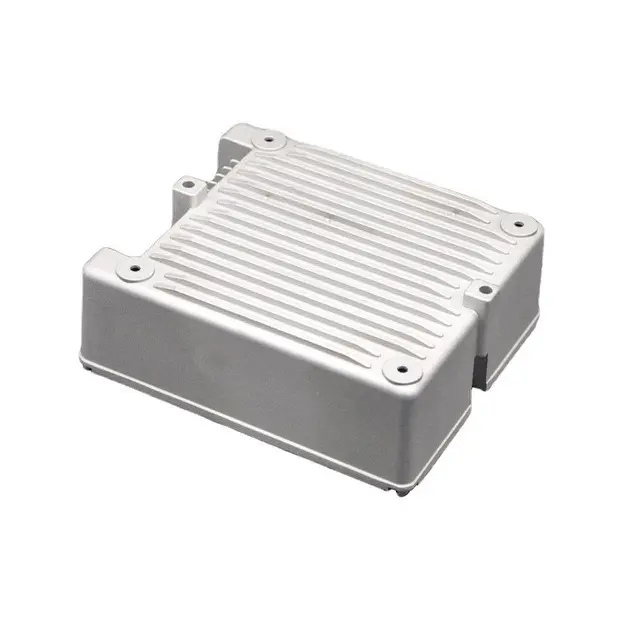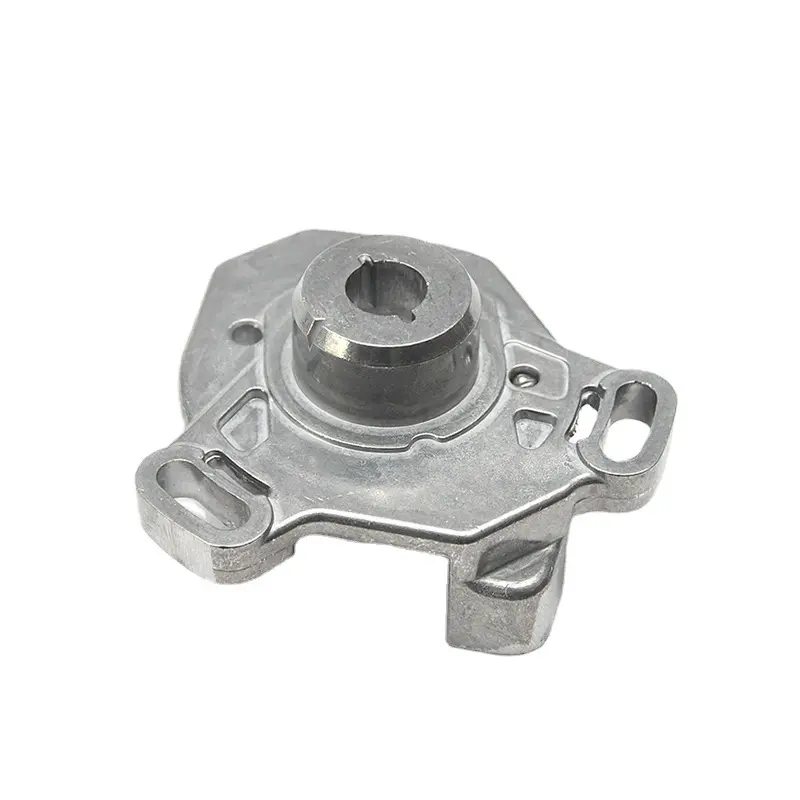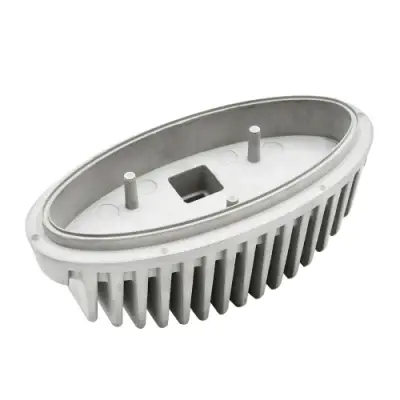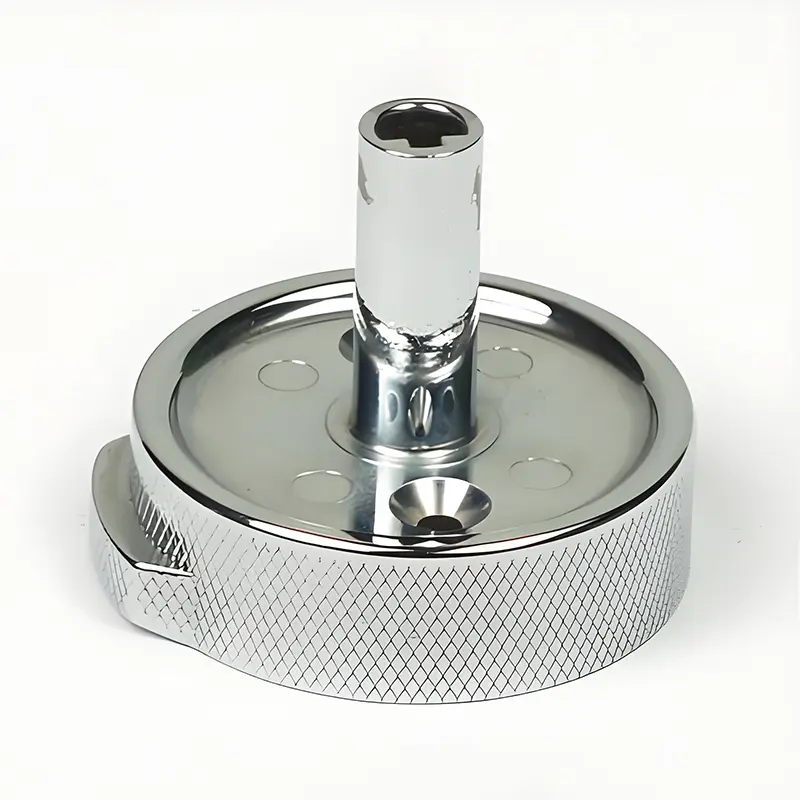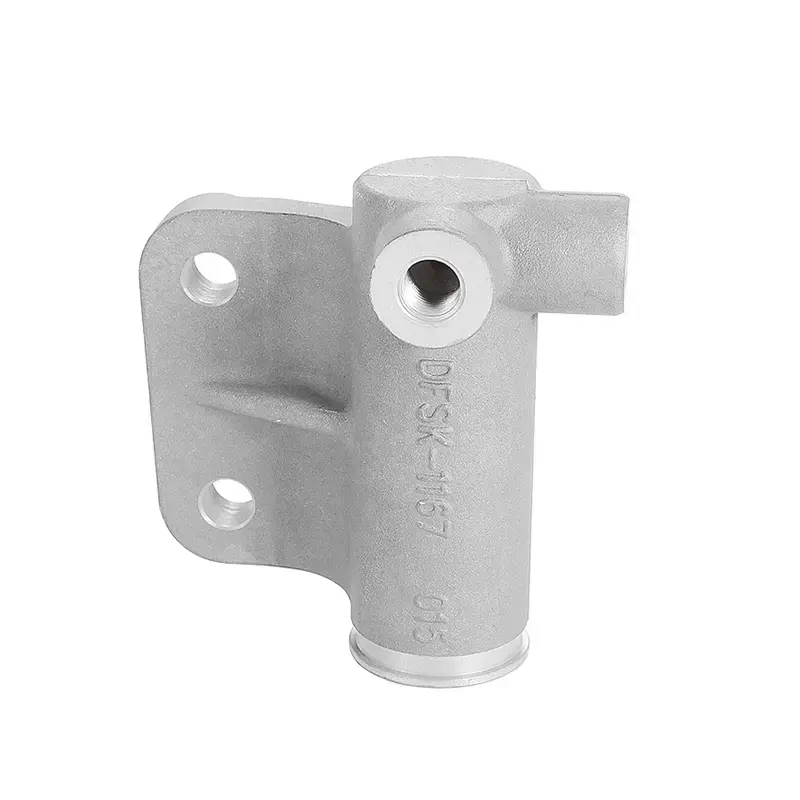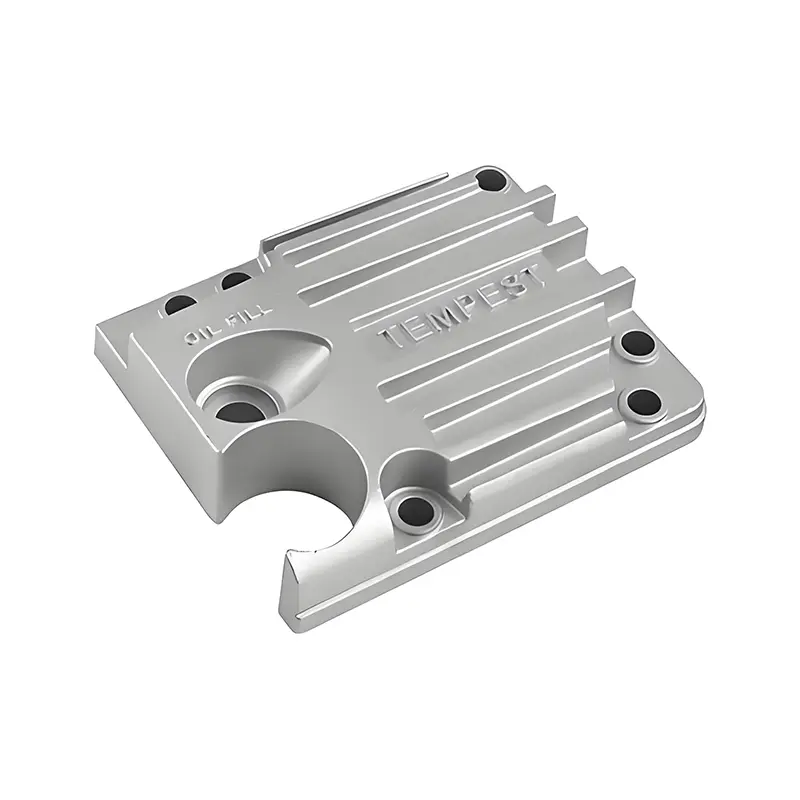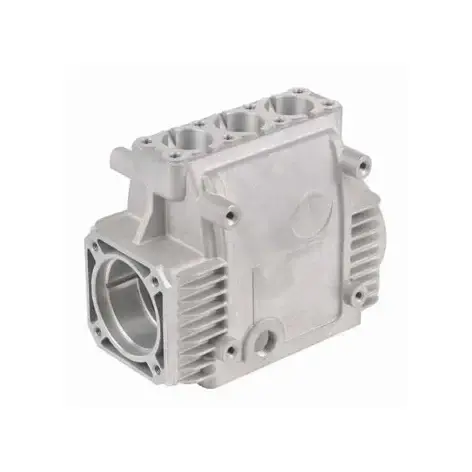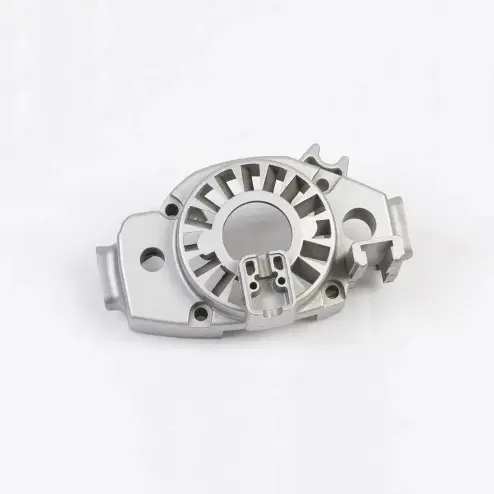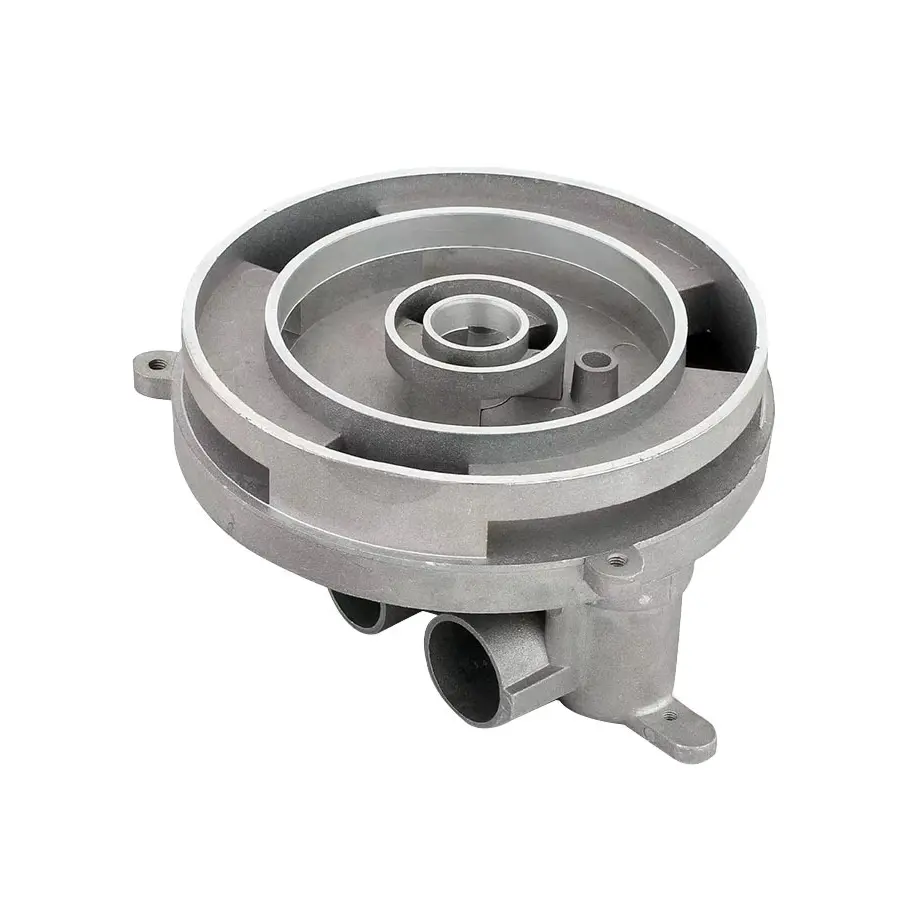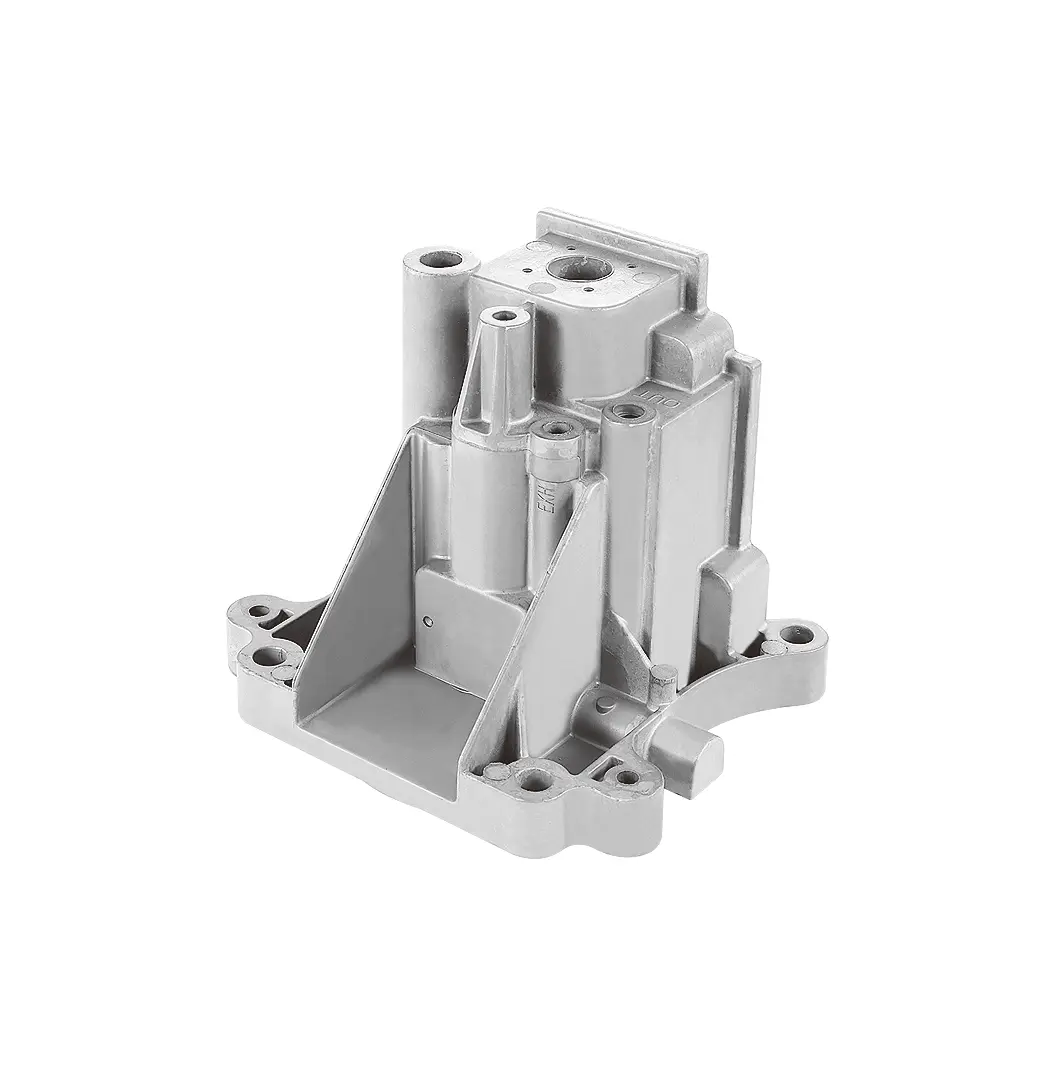 +86-13516964051
+86-13516964051 How to improve the corrosion resistance of aluminum alloy castings
How to improve the corrosion resistance of Aluminum Alloy Castings
In today's globalized industrial market, aluminum alloy castings are widely used in many fields such as automobiles, aerospace, machinery manufacturing, and architectural decoration due to their light weight, high strength, good electrical and thermal conductivity, and easy processing. However, the corrosion resistance of aluminum alloy castings has always been one of the key factors affecting their service life and performance. For international wholesale buyers, it is crucial to choose aluminum alloy castings with excellent corrosion resistance.
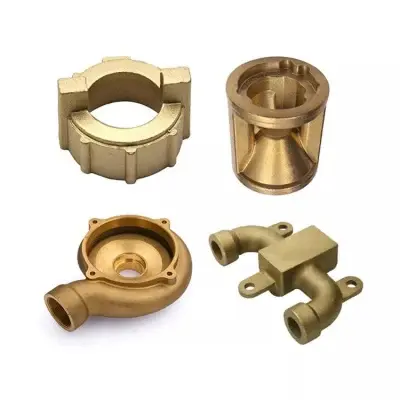
1. The importance of corrosion resistance of aluminum alloy castings
Aluminum alloy castings are affected by various environmental factors during use, such as water vapor, oxygen, acidic or alkaline substances, and salt spray in the atmosphere. These factors may cause chemical reactions on the surface of aluminum alloys, thereby causing corrosion. Corrosion not only reduces the mechanical properties of aluminum alloy castings, but may also cause structural failure, shorten their service life, and increase maintenance costs. Therefore, improving the corrosion resistance of aluminum alloy castings is of great significance to ensuring product quality, improving product competitiveness, and meeting the strict requirements of the international market.
2. Factors affecting the corrosion resistance of aluminum alloy castings
(I) Alloy composition
The composition of aluminum alloy has a direct impact on its corrosion resistance. Different alloying elements will change the electrochemical properties and microstructure of aluminum alloy, thereby affecting its corrosion resistance. For example, adding an appropriate amount of copper can improve the strength of aluminum alloy, but excessive copper will make aluminum alloy more susceptible to corrosion in a humid environment. Adding elements such as magnesium and zinc can improve the corrosion resistance of aluminum alloy to a certain extent, but at the same time, their content needs to be controlled to avoid adverse effects.
(II) Microstructure
The microstructure of aluminum alloy, such as grain size and phase distribution, also plays an important role in its corrosion resistance. Fine grain structure usually has higher corrosion resistance because grain boundaries can hinder the diffusion of corrosive media. In addition, uniform phase distribution also helps to improve the overall corrosion resistance of aluminum alloy.
(III) Surface treatment
Surface treatment of aluminum alloy castings is a key link in improving their corrosion resistance. Common surface treatment methods include anodizing, chemical conversion film treatment, coating protection, etc. These methods can form a protective film on the surface of aluminum alloy, effectively blocking the contact between corrosive media and the substrate, thereby improving corrosion resistance.
(IV) Environmental factors
The environmental conditions in which aluminum alloy castings are located have a significant impact on their corrosion resistance. Aluminum alloys are more susceptible to corrosion in humid, acidic or alkaline environments. Therefore, when designing and selecting aluminum alloy castings, it is necessary to fully consider their use environment and take corresponding protective measures.

3. Methods to improve the corrosion resistance of aluminum alloy castings
(I) Optimizing alloy composition
By rationally adjusting the composition of aluminum alloys, its corrosion resistance can be significantly improved. For example, increasing the content of elements such as magnesium, zinc, and chromium, while controlling the content of elements such as copper and iron, can effectively improve its corrosion resistance while ensuring the mechanical properties of aluminum alloys. In addition, the microstructure of aluminum alloys can be improved by adding rare earth elements, etc., to further improve their corrosion resistance.
(II) Surface treatment technology
Anodizing
Anodizing is a common surface treatment method for aluminum alloys. It forms an oxide film on the surface of aluminum alloys through electrolysis. This oxide film has good corrosion resistance and wear resistance. The thickness and hardness of the anodized film can be adjusted by controlling the oxidation process parameters to meet different usage requirements.
Chemical conversion film treatment
Chemical conversion film treatment is to form a protective film on the surface of aluminum alloy through chemical reaction, which can effectively block the invasion of corrosive media. Common chemical conversion film treatment methods include chromate treatment, phosphate treatment, etc. These treatment methods are simple to operate, low cost, and suitable for large-scale production.
Coating protection
Coating protection is to improve the corrosion resistance of aluminum alloy by applying a protective coating on the surface of aluminum alloy. The coating can be an organic coating, such as paint, plastic, etc., or an inorganic coating, such as ceramic coating, etc. Coating protection can not only improve the corrosion resistance of aluminum alloy, but also improve its appearance and wear resistance.
(III) Process improvement
Melting and Casting Process
Melting and casting process has an important influence on the microstructure and properties of aluminum alloy. By optimizing the melting and casting process, such as controlling the melting temperature and cooling rate, aluminum alloy castings with excellent microstructure and properties can be prepared. For example, the use of rapid cooling technology can refine the grains and improve the corrosion resistance of aluminum alloy.
Heat Treatment process
The heat treatment process can improve the microstructure and mechanical properties of aluminum alloys, thereby improving their corrosion resistance. For example, through solution treatment and aging treatment, the strength and hardness of aluminum alloys can be improved, and their corrosion resistance can also be improved.
(IV) Environmental protection
During use, appropriate environmental protection of aluminum alloy castings is also an important measure to improve their corrosion resistance. For example, in a humid environment, sealed packaging or moisture-proof coating can be used to prevent aluminum alloy castings from getting wet; in an acidic or alkaline environment, a neutralizer or protective coating can be used to reduce the impact of corrosive media on aluminum alloy castings.








